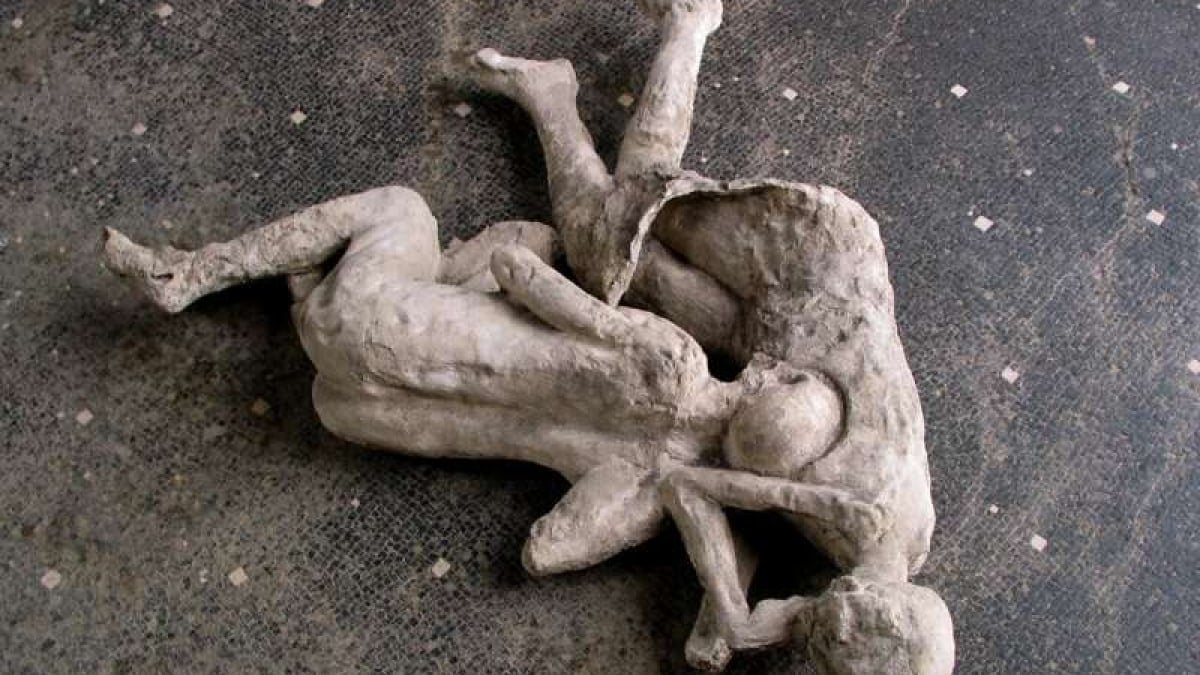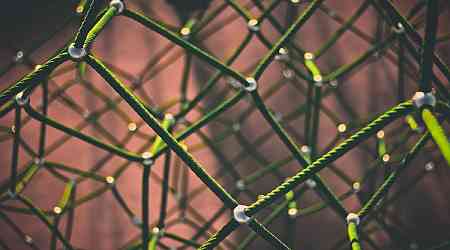A recent DNA analysis by researchers from the University of Florence, Harvard University and the Max Planck Institute for Evolutionary Anthropology has brought new insight into the lives of Pompeii's ancient population. This genetic study revises assumptions that have shaped historical understanding since the city's discovery in 1748. Findings indicate a complex social and cultural diversity among the people, previously inferred only through visual evidence.
A New Perspective on Pompeii's Social Ties and Origins
In 79 AD, the catastrophic eruption of Mount Vesuvius destroyed Pompeii, encasing its population in layers of ash. Traditional interpretations, largely based on skeletal positions and artefacts like jewellery, suggested specific gender roles and family structures among the victims. However, DNA samples recently extracted from 14 restored skeletal remains reveal a different narrative. According to Professor David Caramelli, Department of Anthropology at the University of Florence, genetic data offers surprising variations in kinship and gender, challenging previous inferences based solely on physical features.
Analysis of casts, including a group from the well-known House of the Golden Bracelet, showed that what were once believed to be parent-child groups were, in fact, unrelated individuals. Additional findings, reported by David Reich of Harvard University, highlighted that several individuals previously identified as close family or presumed to share genetic ties, in reality, had no biological relation. Gender assumptions were also questioned as certain artefacts traditionally linked to women were found with men.
Pompeii's Diverse Genetic Heritage Revealed
The DNA research further underscored Pompeii's cosmopolitan roots. Evidence of Eastern Mediterranean ancestry in many residents reveals that the city's population likely comprised immigrants, a reflection of the cultural and genetic diversity within the Roman Empire. Alissa Mittnik, representing the Max Planck Institute, noted that the study illustrates the benefits of merging genetic and archaeological data to avoid projecting modern assumptions onto historical interpretations.
Gabriel Zuchtriegel, Director of Pompeii Park, stated that integrating DNA analysis has been crucial for enhancing the park's research capabilities. With the addition of studies in isotopic analysis and bioarchaeology, the park is evolving into an interdisciplinary research centre, advancing the field of archaeology through modern technology.
































